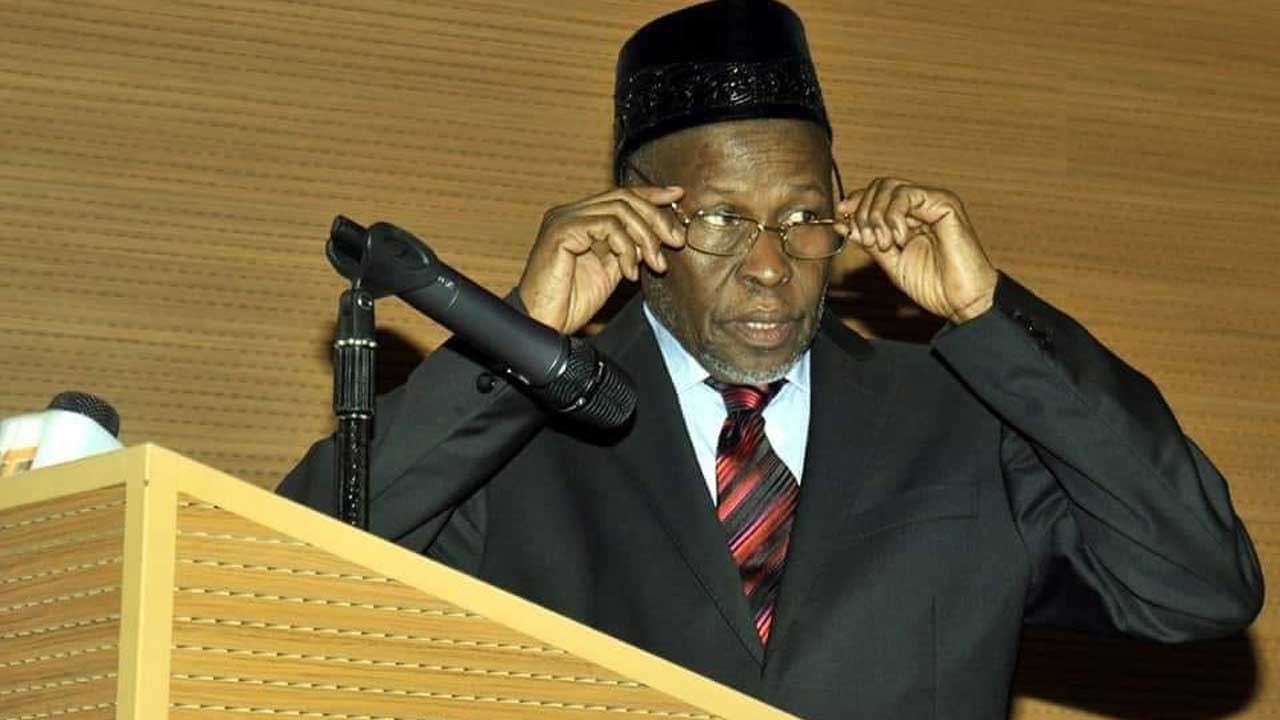
Union remains resolute till demands are met
Chief Justice of Nigeria (CJN), Ibrahim Tanko Muhammad, has admitted his difficulty in faulting the industrial action embarked upon by Judiciary Staff Union of Nigeria (JUSUN).
Leadership of the union has brought activities in the judiciary to a halt, pending when governments at both federal and state levels fully implement the constitutionally enshrined financial autonomy for the judiciary.
In an interface with the union, the CJN identified with the rationale for the industrial action, stressing that the demand of the workers has constitutional backing.
Justice Muhammad’s position was contained in a statement issued, yesterday, by the office of the CJN.
His new stance came after the initial effort to persuade the union to suspend its strike in view of its adverse effect on the nation’s justice system failed.
In the latest meeting with the leadership of the union, the CJN said: ‘I cannot fault your reasons for embarking on this protest because the union wants its rights restored in line with the provisions of the constitution. I commend you for following due process so far to protest against the injustice.”
The leadership of JUSUN, led by its Deputy National President, Emmanuel Abioye, and the Treasurer, Jimoh Musa Alonge, gave reasons the union found it difficult to heed CJN’s earlier plea to end the strike.
According to Abioye, until state governors begin to demonstrate some level of seriousness by putting in place some measures precedent to the implementation of financial autonomy for judiciary in their states, the strike will not be suspended.
“Though there is financial autonomy for the judiciary already in some states while some are assuring that they would comply, others have to take steps in readiness for compliance.
“We expect each state to start implementing its self-accounting law to deal with the Internally Generated Revenue (IGR) in line with Section 121(3) of the 1999 Constitution,” Abioye stated.
He noted that it is JUSUN’s position to see that the amount standing to the credit of the judiciary from the monthly federal allocation is deducted directly from the source by the Accountant General of the Federation and the same remitted to the National Judicial Council (NJC) for onward transmission to heads of courts.
“In other words, the AGF should deduct from the monthly federal allocation and remit it to NJC for onward transmission of the fund to the heads of courts at the state judiciary, in line with Sections 81(3) and 162(9) of the 1999 Constitution “
He noted that until their demands are met, there would be no going back on the strike that began on April 6.



